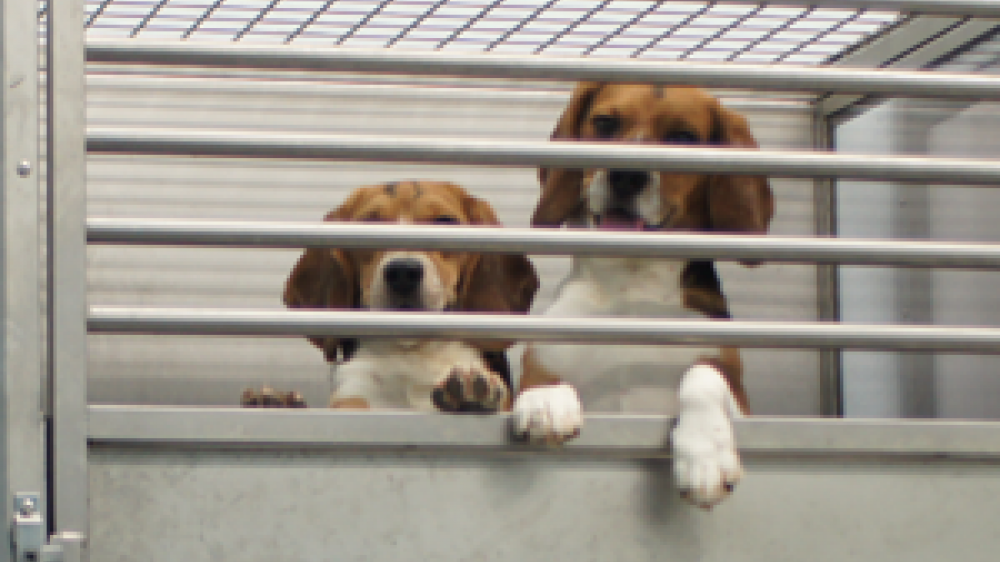We are pleased to announce we have awarded 13 new PhD studentships totalling £1.17m.
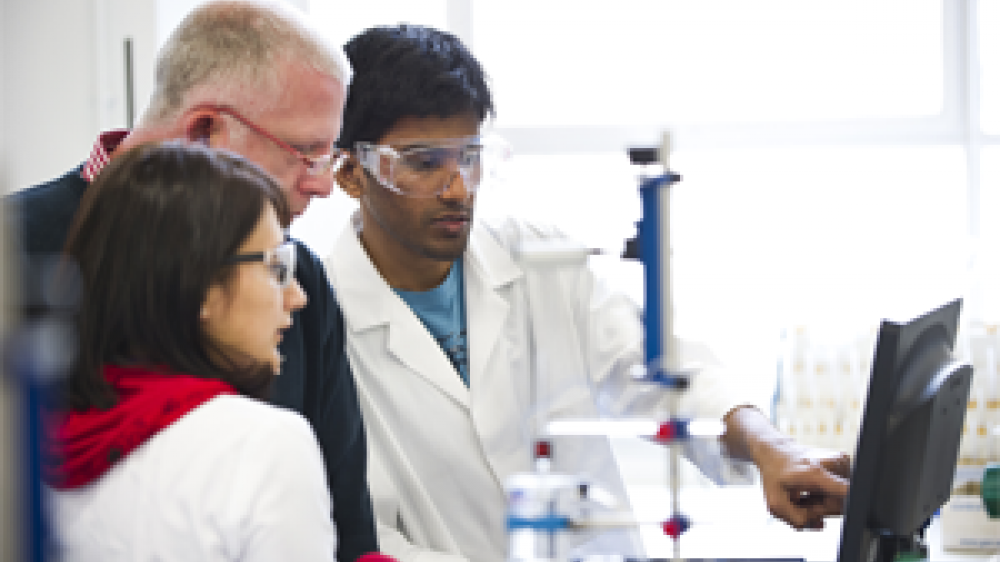
We are pleased to announce we have awarded 13 new PhD studentships totalling £1.17m.

A new paper by NC3Rs David Sainsbury Fellow Dr Riccardo Storchi describes a computational approach to automatically track and record the behaviour of freely-moving mice in 3D.
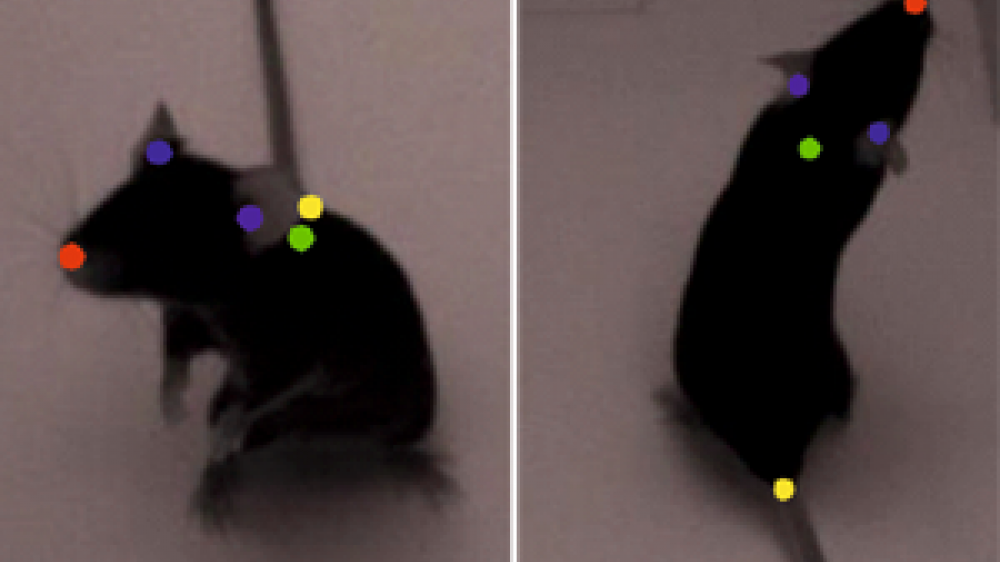
New research published in Scientific Reports demonstrates that skin swabbing provides a less invasive method of DNA collection from small laboratory fish than the commonly used method of fin clipping, with the potential to have a wide impact upon
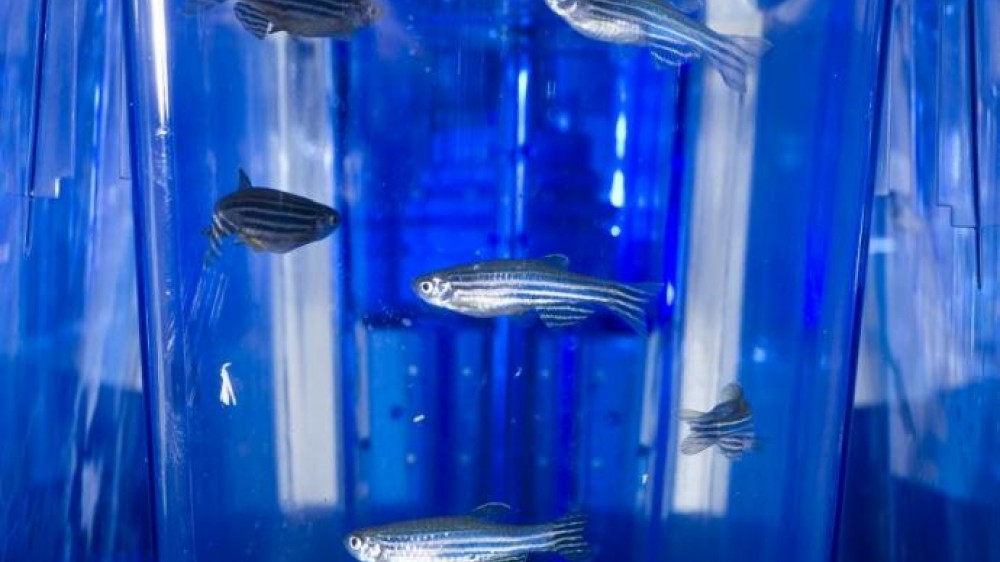
A new publication in the Journal of Neuroscience Methods presents a novel device developed to promote healing of the wound margin in macaques with cranial implants.
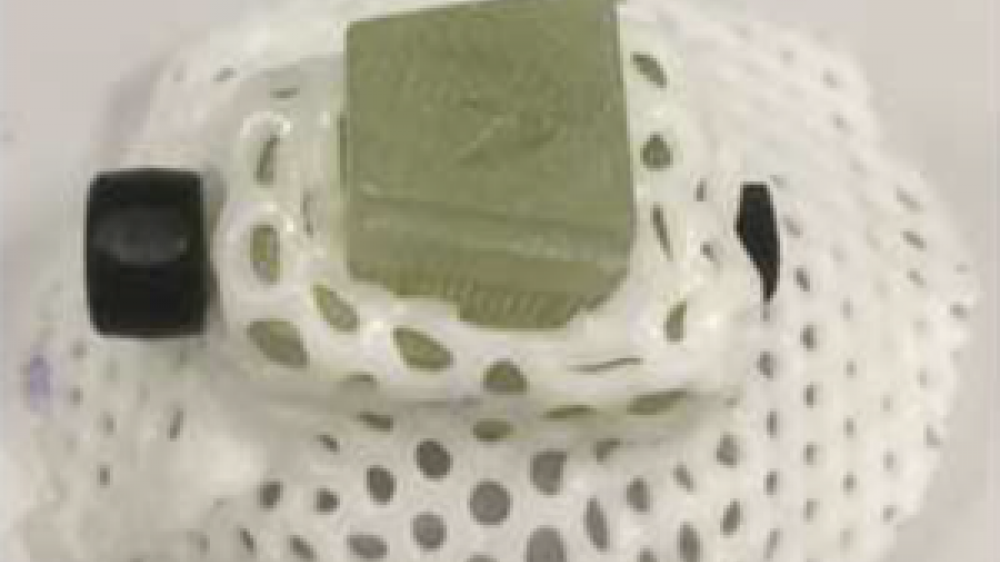
Recommendations from a project led by the NC3Rs have been incorporated into guidance published by the US Environmental Protection Agency (EPA).
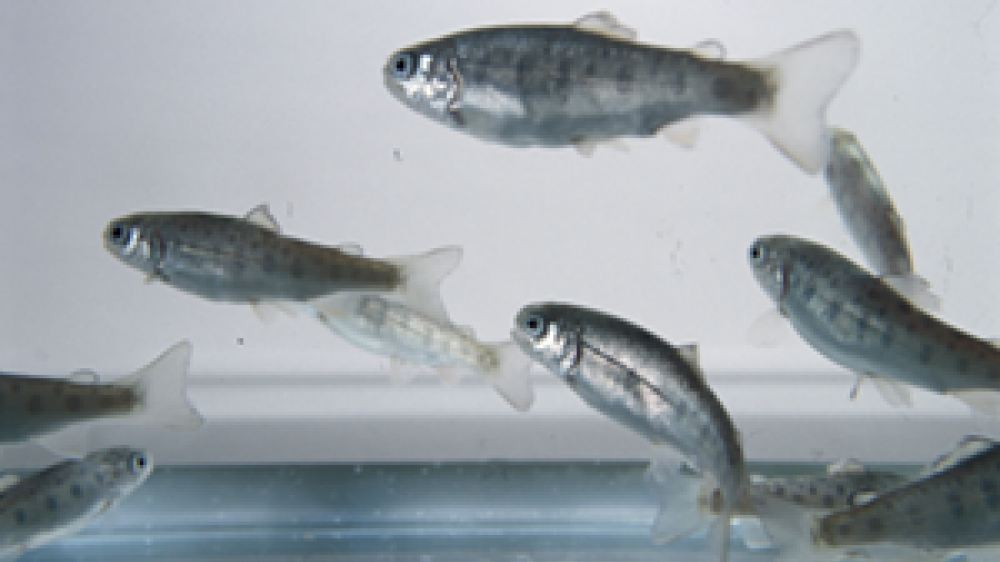
UK and EU-based applicants are invited to tender for the 2020 CRACK IT Challenges.
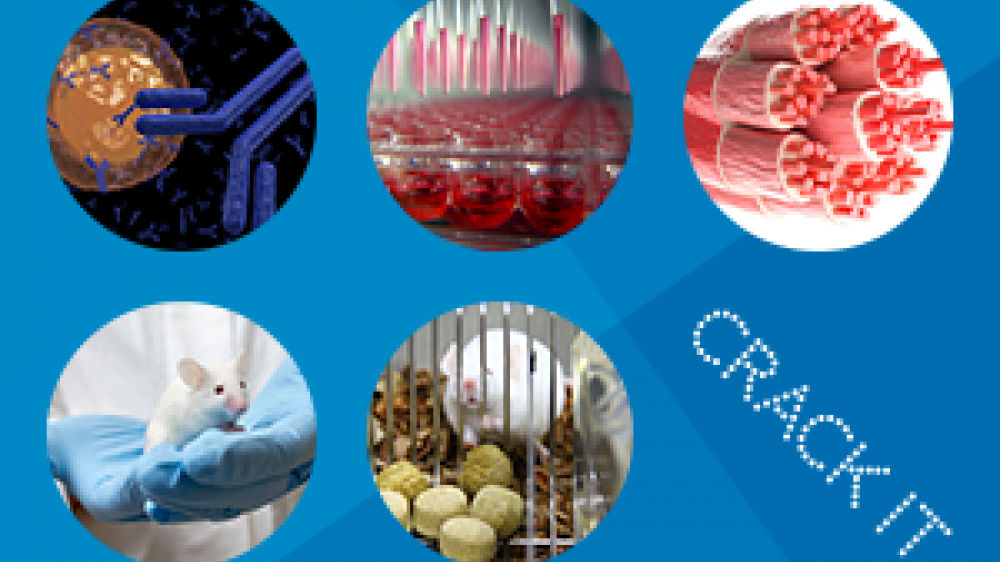
New research published in Scientific Reports shows the animal welfare benefits of picking up laboratory mice via a tunnel instead of by the tail persist even after repeated restraint, injection and anaesthesia.
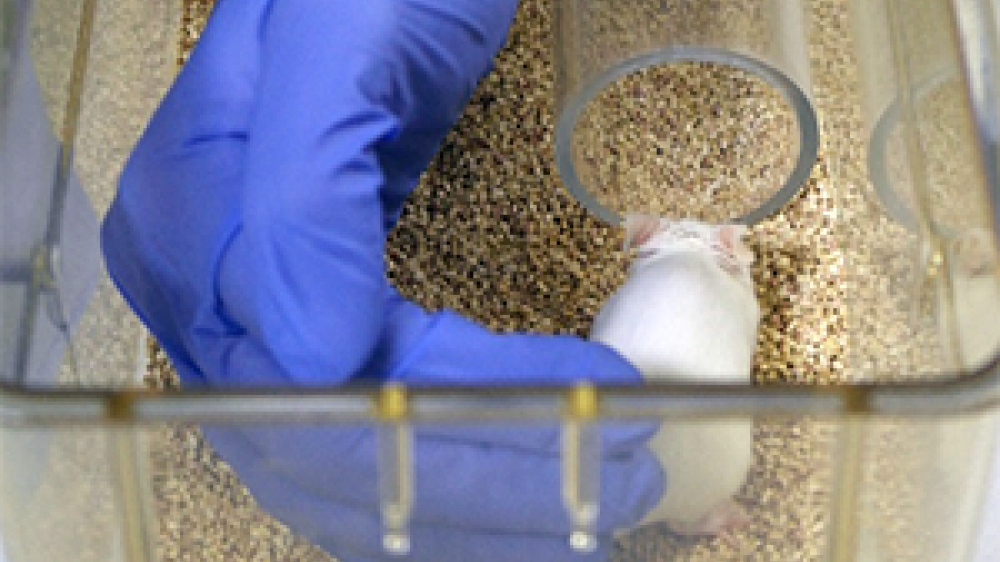
Europe is home to a vibrant 3Rs community with a range of organisations who fund or promote science and technology developments that lead to opportunities to replace, reduce and refine the use of animals in research.
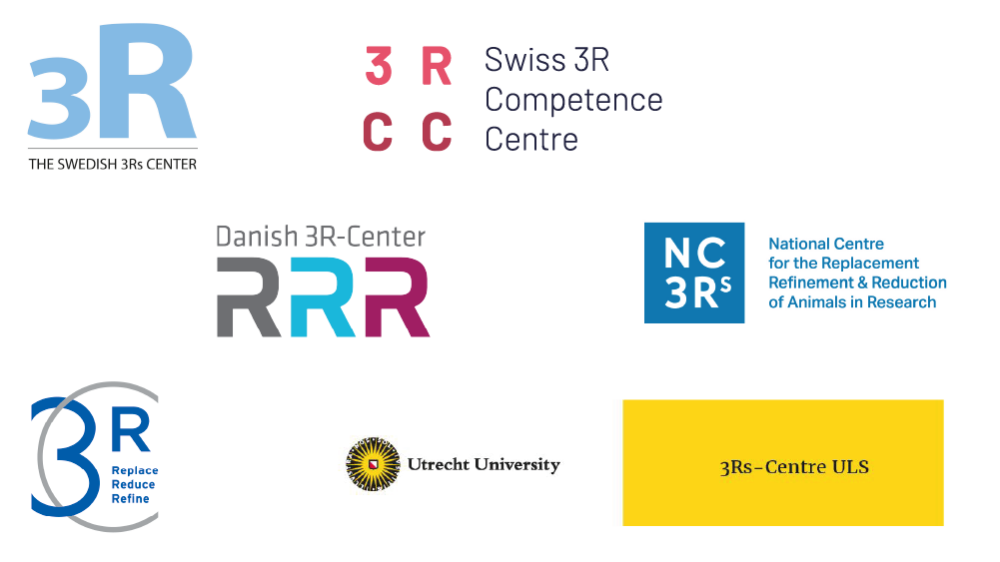
We have recently committed £2.4m to seven new project grants. This flagship scheme has been running since the NC3Rs' conception in 2004 and with these new awards over £40m has now been awarded to the development of 3Rs approaches and technologies
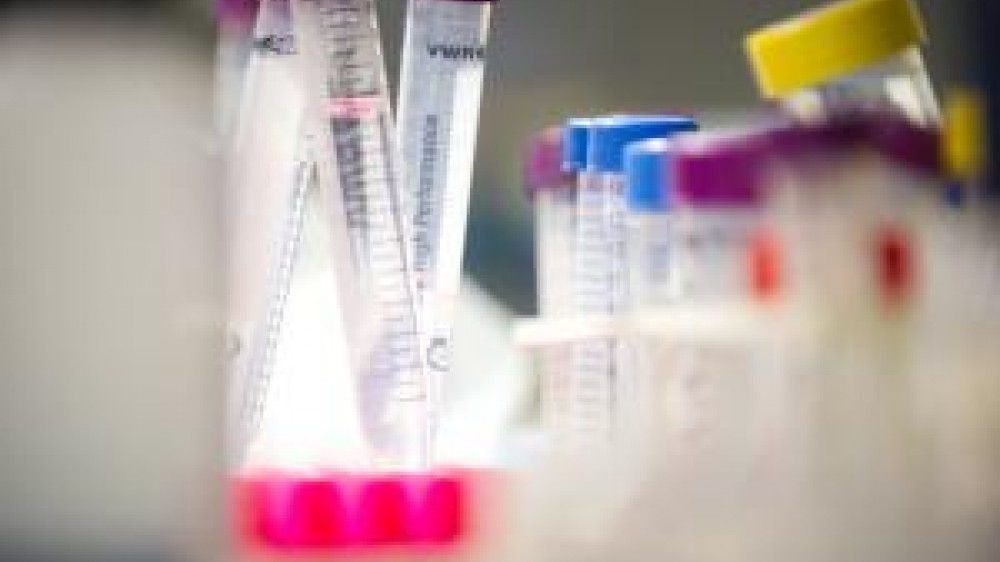
Our Training Fellowship scheme supports the development of promising early career researchers with less than three years’ postdoctoral experience.

Up to £3.5 million funding is available through the 2020 CRACK IT Challenges competition to solve five Challenges identified jointly by the NC3Rs and Sponsors.

For World Brain Day 2020, we take a look at some of the latest findings of NC3Rs Grant holders who are using 3Rs methods to provide insights into neuroscience.
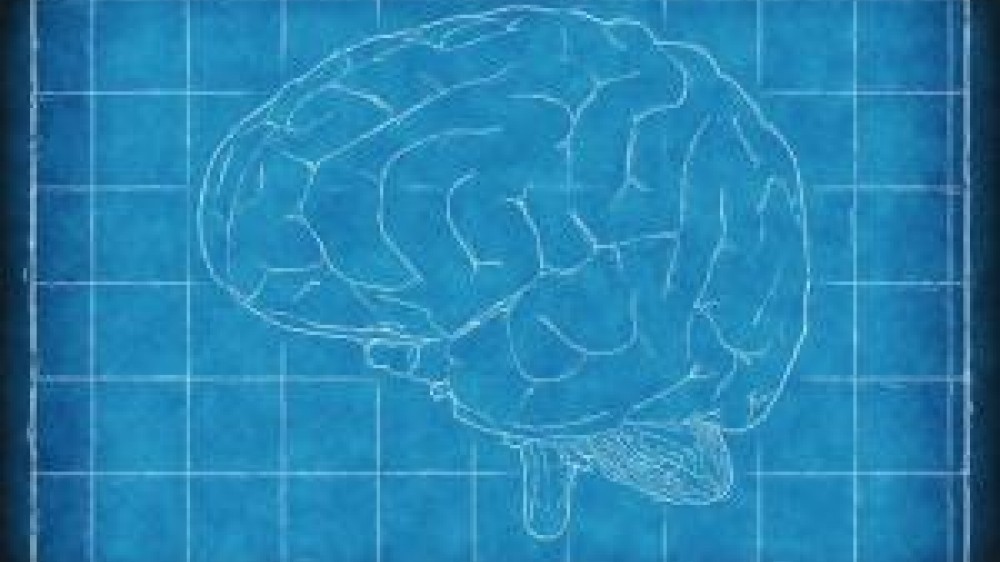
Today new reporting guidelines – ARRIVE 2.0 – have been published in PLOS Biology.
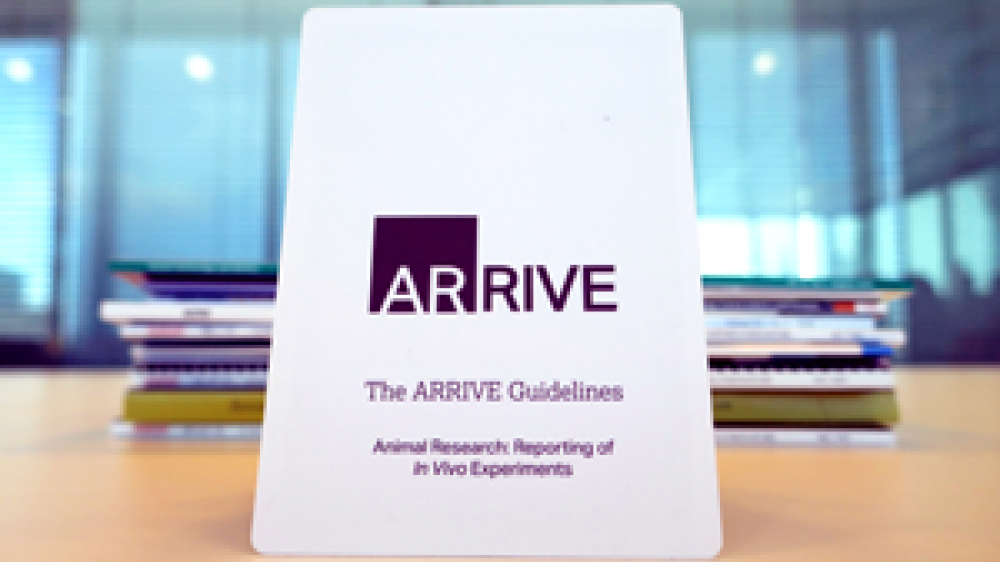
Dr Jan van der Valk is the Director of the 3Rs-Centre Utrecht Life Sciences in the Netherlands.
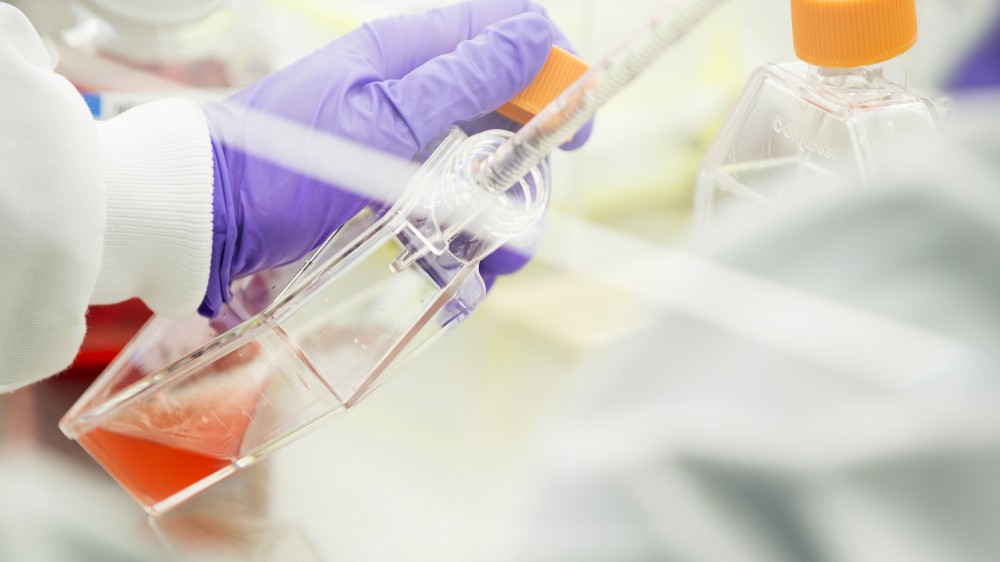
Recent articles in the scientific press have questioned whether the 3Rs should be replaced by a broader ethical framework for animal research.
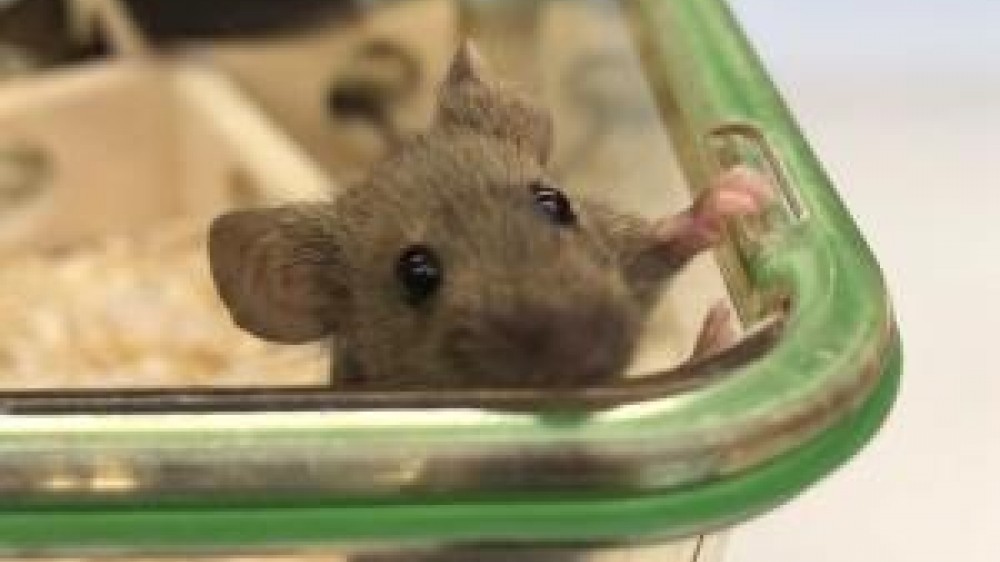
The NC3Rs today announces a new project to review requirements for the use of animals in World Health Organization (WHO) guidelines for the quality control and batch release testing of biological therapeutics and vaccines.

The NC3Rs has established a new strategic collaboration with konfer to provide small companies and academic researchers with a platform to showcase their 3Rs tools and technologies to a wide audience – enabling access to new partners and funding and

The 2019 3Rs prize has been jointly awarded to Dr Francesca Nunn and Dr Marta Shahbazi for papers describing research that reduces the number of chickens and mice respectively.
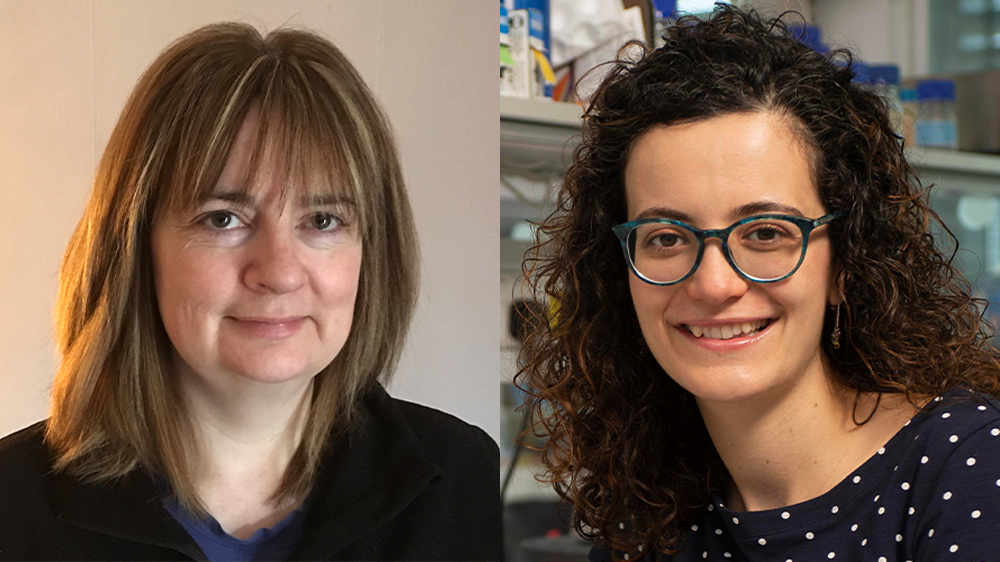
Earlier this year, NC3Rs staff met with animal technicians from different universities around the UK to discuss the ways they introduce new environmental enrichment into their facilities.
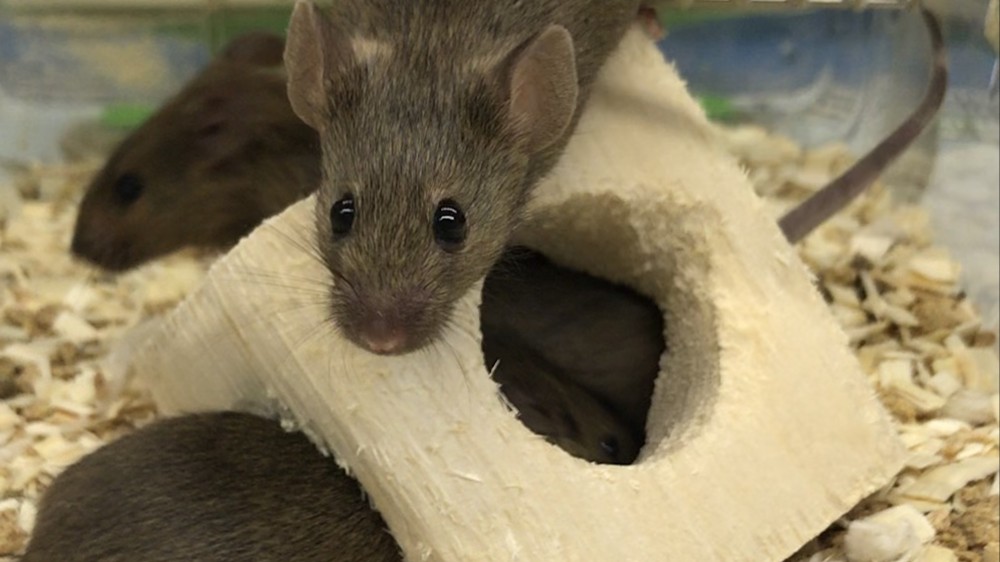
A new study, published in Laboratory Animals, describes a step forward in enhancing the welfare of dogs used in the testing of pharmaceuticals.
